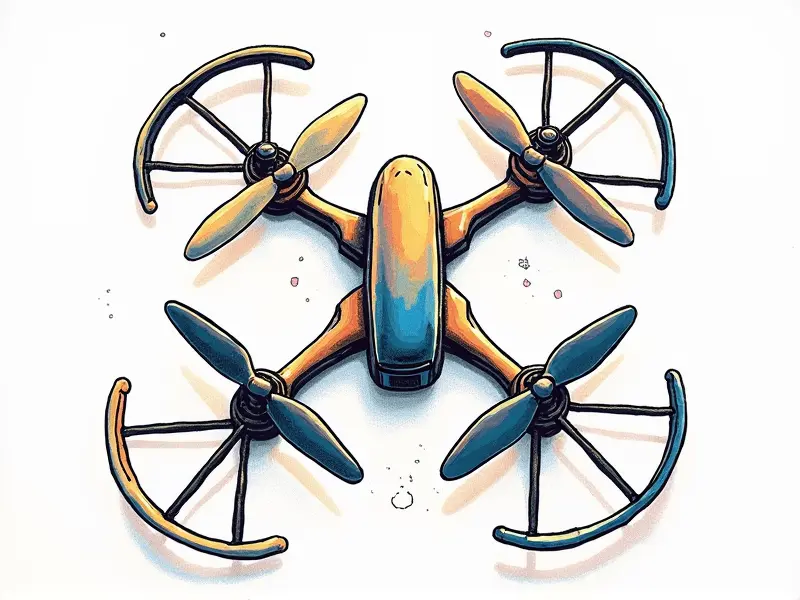Do RC airplanes need fuel?

RC Plane Energy Sources Demystified
Remote control (RC) airplanes come in a variety of models, each powered by different energy sources. Understanding the differences between electric and fuel-powered RC planes is crucial for enthusiasts looking to choose the right model for their needs.
Electric vs. Fuel RC Airplanes Debated
The debate over whether to use electric or fuel power in RC airplanes has been ongoing among hobbyists. Electric models are favored for their ease of use, lower maintenance requirements, and environmental friendliness. On the other hand, fuel-powered planes offer superior performance characteristics such as higher speed and longer flight times.
RC Plane Propulsion Explained
The propulsion system in RC airplanes is a critical component that determines its performance capabilities. Electric planes use brushless motors connected to lithium polymer (LiPo) batteries, while fuel-powered models rely on internal combustion engines running on nitro-methane or gasoline mixed with oil.
Choosing Between Fuel and Electric RCs
When selecting an RC airplane, it's important to consider several factors such as the intended use, budget constraints, skill level, and environmental concerns. Electric planes are ideal for beginners due to their simplicity, whereas experienced pilots often prefer fuel-powered models for competitive racing or aerobatic performances.
What Fuels RC Airplanes?
Fuel-powered RC airplanes typically run on a mixture of nitro-methane (often referred to as "fuel" or "glow fuel") and castor oil, which provides excellent lubrication for the engine. Some models also use gasoline blended with two-stroke oil.
Why Some RC Planes Need Fuel
Fuel-powered RC planes require a combustible mixture because their engines generate more power compared to electric motors, allowing them to achieve higher speeds and longer endurance flights. This makes them suitable for demanding applications like aerobatics or racing competitions.
Running RC Airplanes Efficiently
- Maintain Proper Fuel-to-Oil Ratio: Incorrect mixture can lead to engine damage or poor performance.
- Regular Maintenance: Clean the carburetor, check for leaks, and ensure all components are functioning correctly.
- Proper Storage: Store fuel in a cool place away from direct sunlight and moisture.
Alternatives to Fuel for RCs
Besides electric power, there are alternative energy sources being explored such as hybrid systems combining both battery and combustion engines. These hybrids offer the benefits of both worlds by providing extended flight times with bursts of high-speed performance when needed.
RC Plane Power Sources Compared
| Power Source | Pros | Cons |
|---|---|---|
| Electric | Easier to maintain, quieter operation, environmentally friendly. | Limited flight time, lower top speed compared to fuel-powered models. |
| Fuel | Better performance in terms of speed and endurance. | Higher maintenance requirements, more complex setup process. |
The Pros and Cons of Fuel RCs
Advantages:
- Superior performance for high-speed and long-duration flights.
- More realistic flying experience due to engine noise and vibrations.
Disadvantages:
- Higher cost of entry compared to electric models.
- Requires more frequent maintenance and careful handling.
Fuel Tips for RC Airplane Enthusiasts
- Safety First: Always wear protective gear like goggles and gloves when working with fuel.
- Proper Mixing: Use a calibrated fuel pump to ensure the correct ratio of nitro-methane to oil.
- Test Run: Before flying, start the engine on the ground to check for any issues or leaks.
Conclusion
In summary, RC airplanes indeed need fuel if they are designed as fuel-powered models. However, the choice between electric and fuel depends largely on individual preferences, skill levels, and specific requirements of use. Whether you're a beginner looking for ease-of-use or an experienced pilot seeking high-performance capabilities, understanding the nuances of each power source will help you make an informed decision.

